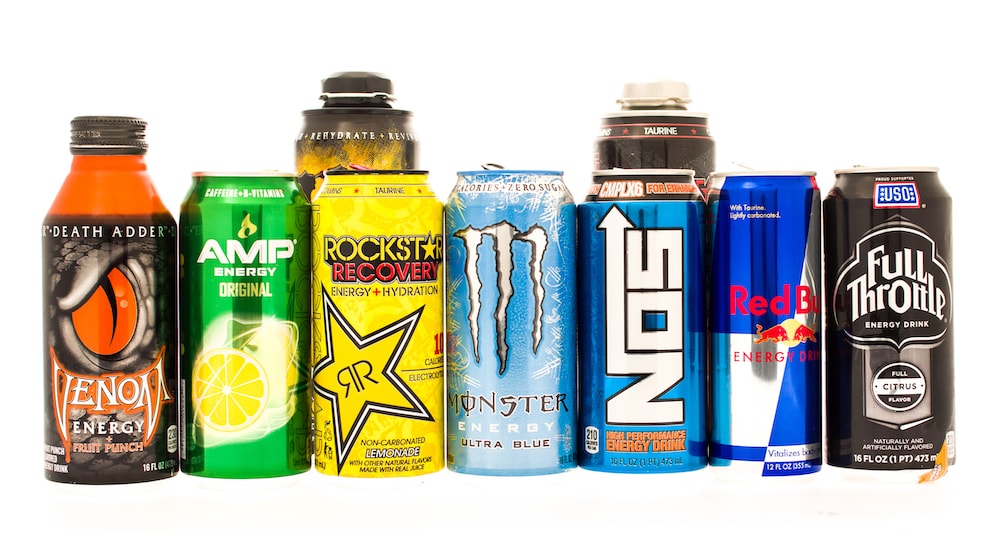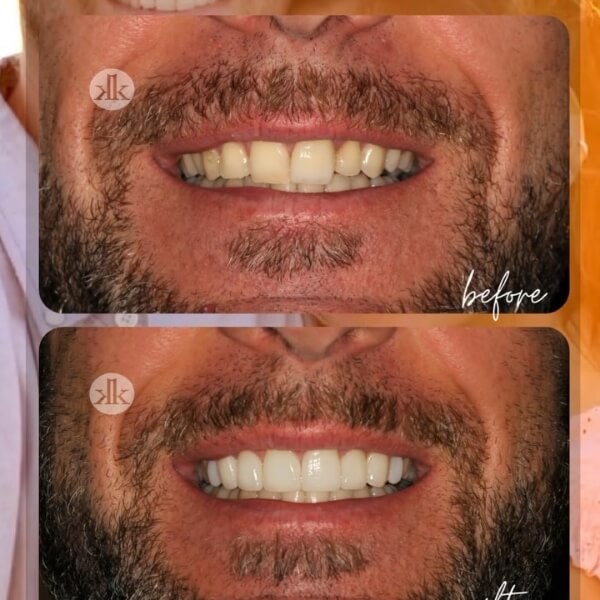2 Minute Read:
Energy sports drinks are everywhere. Advertisements pop up online and during television commercials, and they appear in bright, bold colors in stores. Marketing for energy sports drinks often hints at physical fitness or the thrill of extreme sports. Unfortunately, these drinks can also cause tooth decay.

How Do Energy Drinks Harm Teeth?
Acidity
Many people automatically associate sugar with tooth decay, but acid is the greatest danger. Acid erodes enamel: the hard, glossy outer layer of a tooth. Erosion weakens enamel and eventually leads to cavities.
Acidity is determined by pH levels. Any substance with a pH level below 4.0 can erode enamel. Sports energy drinks usually have pH levels between 2.5 to 3.5.
Sugar
Bacteria thrive on sugar. Oral bacteria metabolize sugar and produce acid byproducts that cause tooth decay. Flavoring additives and electrolyte mixes in energy sports drinks are often packed with sugar.
Many flavors are produced by balancing sugary additives and acid components. Teeth are bathed in this sugar and acid mix every time you take a sip of an energy sports drink.
Caffeine
Caffeine levels in many energy drinks are even higher than regular carbonated soft drinks. Caffeine does not cause tooth decay directly, but it is a diuretic. This means that your body produces more urine and may become dehydrated. High levels of caffeine consumption cause dry mouth due to insufficient saliva production.
Saliva washes harmful bacteria and food particles away from teeth. It also contains minerals, such as calcium and phosphorus, that strengthen enamel. Dry mouth leaves teeth very vulnerable to bacteria and decay.
What Are the Effects of Energy Drinks on Teeth?
Sensitive Teeth
A person with sensitive teeth experiences pain while consuming hot or cold foods and beverages. Energy sports drinks cause sensitivity when acidity erodes enamel. This causes the enamel to become too thin and weak to protect soft tissues and nerves inside the tooth.
Cavities
Cavities occur when acid erosion eats through the enamel on a tooth’s surface. The lack of enamel lets bacteria enter softer tissues inside the tooth. This causes pain and progressive decay. The tooth may break easily, and abscesses could form around decayed areas.
How Can I Fix Tooth Decay?
Limiting energy sports drink consumption to protect your teeth is a great investment for future health, but what if decay has already occurred? Cavities can not heal on their own. A dental filling closes a cavity after decayed dental tissue is removed. The procedure is done with a local anesthetic, so it is painless, and it usually takes only 30 minutes. Composite fillings even match the color of natural teeth.
Interested in Learning More?
Learn more about dental fillings and caring for your teeth by contacting La Jolla Cosmetic Dentistry and Orthodontics by calling (858) 295-0603 or filling out our online contact form.









